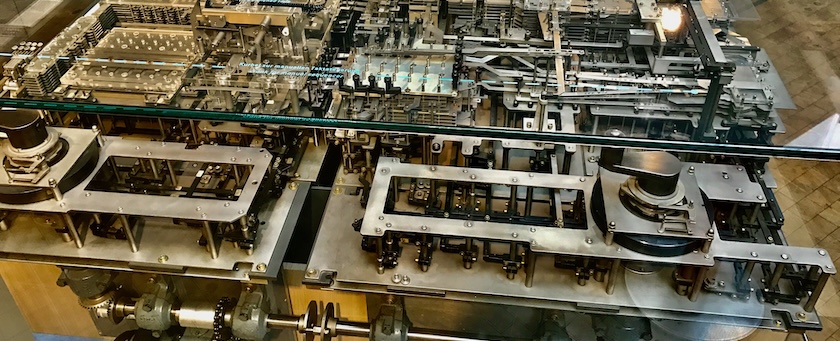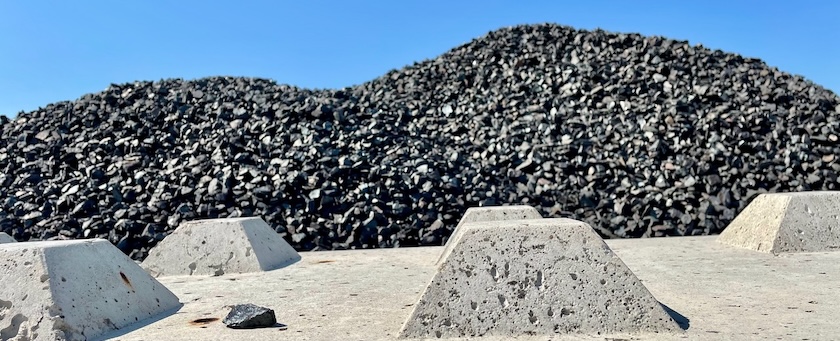
In the previous post of this blog series we discussed the greenfield fallacy and its consequences. In this post we will discuss the next misconception, the value preservation dilemma and its consequences. Let us get started.

In the previous post of this blog series we discussed the broken abstraction dilemma, that abstractions help to create concise descriptions but take away degrees of freedom, and that breaking an abstraction usually means increasing the required size of the description by orders of magnitude.

In the previous post of this blog series we discussed the assembly line fallacy, the misconception that software development is the same as building a car and learned that software development is part of the design, not the construction.

The current AI hype is accompanied with a lot of predictions that software development will be taken over by AI solutions soon and most software developers will lose their jobs together with most other white collar workers. While I agree that AI solutions will have a significant impact on software development, I disagree with the notion that software development will be taken over by AI solutions anytime soon.

Recently I tried to catch up with the recent developments in platform engineering when I experienced once more a just too familiar déjà vu feeling. During my research, I came across the following definition of platform engineering:










